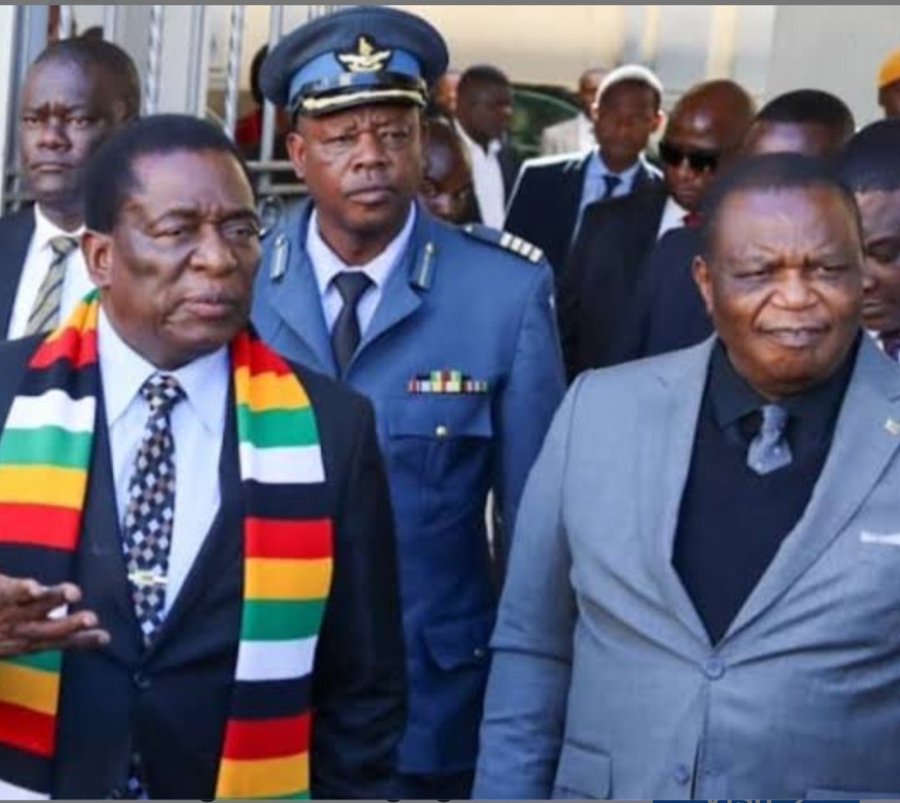TRADITIONAL CHIEFS GET BONUSES AFTER 2023 ELECTIONS

After the 2023 elections in Zimbabwe, the government has decided to give traditional chiefs a bonus. Many people are now questioning this decision, saying it seems like a reward for their help during the election. This news comes only two months after President Emmerson Mnangagwa won the election, which was surrounded by controversy. People have been talking about possible cheating and manipulation during the election.
Traditional chiefs were involved in helping Mnangagwa’s campaign. They worked with the ruling party, Zanu PF, and a group called Faz, especially in rural areas. Many critics believe the chiefs played a key role in getting rural voters to support Mnangagwa. Some say the chiefs’ support was one of the reasons Mnangagwa won the election.
Now, with these bonuses, many are concerned. They think the bonuses are not just about money but about thanking the chiefs for their loyalty. Some see this as a “thank you” for helping Mnangagwa win, which is legal but raises questions about fairness. This decision has deepened the divide in Zimbabwe’s already tense political climate.
In Zimbabwe, traditional leaders are supposed to stay out of politics. According to the constitution, chiefs should focus on protecting culture and tradition. However, in reality, many chiefs get involved in politics, often supporting the ruling party. Critics argue that this takes away from the neutrality that chiefs are expected to have. By taking sides, chiefs may not be able to fairly serve their communities. The bonuses are seen by some as proof that the chiefs are too involved in politics and too closely aligned with the government.
These bonuses are not just about the money; they carry a deeper meaning. They send a message that the government appreciates and values the support of the chiefs. This will likely strengthen the relationship between the chiefs and the ruling party. This could affect the future of Zimbabwe’s rural politics, where chiefs have a lot of power and influence.
Many people are upset about these bonuses. They feel the government is using state money to reward political allies instead of addressing the country’s real needs. Zimbabwe is facing tough economic challenges, and some believe that rewarding the chiefs in this way is not the best use of government resources. This decision brings up questions about whether the government is more focused on political loyalty than on solving the country’s problems.
This situation also brings into focus the broader issues with how Zimbabwe is governed. The use of state resources for political gain is concerning for a country that is already struggling economically. The fact that these bonuses were given so soon after a disputed election is troubling for many, as it could mean that the ruling party is more interested in rewarding its supporters than in upholding democratic principles.
The role of traditional chiefs in Zimbabwe’s politics has always been controversial. On one hand, they are expected to be neutral and serve as custodians of culture. On the other hand, their influence in rural areas makes them key political players. This tension between tradition and politics is not new but has become more pronounced with the recent election and the bonuses that followed.
In conclusion, the government’s decision to give traditional chiefs bonuses after the 2023 elections has sparked a lot of debate. Many see it as a reward for their political support, which raises concerns about the separation of politics from traditional leadership. This move could have long-term consequences for Zimbabwe’s political landscape, especially in rural areas where chiefs hold a lot of influence. As Zimbabwe moves forward, the role of traditional leaders in politics will continue to be an important issue. People will watch closely to see how this relationship evolves and what it means for the future of Zimbabwean democracy.

